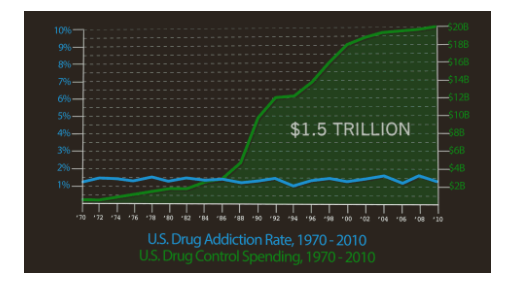I just returned from a two week trip with my wife and daughter to Berlin, Copenhagen, and Amsterdam. Been there before; I visited all three cities at different times in the 60s and 70s. The occasion of this trip was to check in with our daughter during her semester abroad. My notes and observations follow:
All three cities were jammed with people. You might think since it was November, things would be pretty quiet, but no… The museums were full, with long lines outside waiting for entry. The sidewalks and restaurants were crowded with residents and tourists. Hotel rooms were all taken. If you wanted a restaurant seat or a hotel room and didn’t have a reservation, pickings might be slim.
Europeans are very interested in US politics, not to say that they are fans, but we do take up a large share of the European conciousness. On our first morning in Berlin, which would have been the 11th, the first four pages of the city newspaper (the MorgenPost?) were taken up by reporting on and analysis of the presidential vote.
English is firmly placed as the lingua franca in any area where tourists are common. On first contact with anyone in a restaurant, hotel, or on the street you are just as likely to be addressed in English as in the local language. The dialect used is American English. In past visits I heard Europeans speak English with an English accent, but no longer. American accents, American idioms.
Blue jeans and casual dress are the rule. I brought along a pair of Dockers and leather shoes for nights out at nice restaurants, but they were not needed. The locals wear jeans, the tourists wear jeans. Further, when I was young it was a casual sport in airports to guess the nationality of individuals walking by. We could distinguish Italians versus Spanish, French from Germans; but no more – or at least Betsy and I can’t. Today good teeth are universal, and everyone wears Levis, North Face rain jackets, and LA Dodger or NY Yankee baseball caps.
Speaking of sports gear and team logos, I found it curious that I could never tell what the popular local sports team was. I expected to see FC Copenhagen gear in Copenhagen or Hertha BSC gear in Berlin, but they don’t do that. No flags flying from cars or logos displayed in windows. The Yankee and Dodger baseball caps were worn as a style statement, not because they were fans, or knew or cared that the ‘LA’ and ‘NY’ logos represented American baseball teams.
Bicycles are much more popular than I remember. Bike lanes are universal and you may get run down if you step into one without looking first. I rented a bike in Copenhagen and found an extensive set of norms and customs around bike riding in the city. Given an arterial with cars down the middle and bike lanes on either side, you’re expected to use the bike lane on the RIGHT side of the street. At a red light pedestrians stand in one spot, bikes gather in another. Hand signals are used. When bicyclists make a left turn in Seattle, they might pull out into the left turn lane with the cars (and slow down the traffic). In Copenhagen OTOH you cross the intersection in the bike lane, then make your left using the crosswalk on the far side. Much safer and tidier. In American cities fancy road bikes are common, not in Europe. They use the clunky city bikes with heavy frames and fat tires. Cargo bikes are common. Moms ferry their kids in cargo bikes. In Copenhagen we didn’t see scooters; but in Amsterdam scooters are common, and in Amsterdam the scooters use the bike lanes.
Germany is trying, with characteristic thoroughness, to acknowledge the dark parts of their recent history. There is a Jewish Museum in Berlin, and on the former site of Gestapo headquarters something called the Topography of Terror Documentation Center which documents the role of the SS and the police in Nazi Germany.
Compared to the US, airport security is intense. Schiphol is a magnificent modern airport, and huge. The airport in Copenhagen was strange: a bazaar of endless retail shops and bright lights with airport gates added here and there almost as an afterthought. And nowhere to sit. Ironically, Tegel in Berlin is crowded and chaotic. I expected different in Germany’s new capital.
The food was great even in places where you wouldn’t expect it, like museum cafes. At the Viking Ship Museum in Roskilde I had an open-faced smoked halibut sandwich which was a masterpiece of local ingredients. I only remember one restaurant meal that wasn’t wonderful and different.
Things you see here but not there…
Man buns
fat people
newspapers
helicopters
local TV news
potholes
Things you see there but not here…
French braids worn by men
Chinese tourists, lots of Chinese tourists
dogs off-leash in parks
Things that made me shake my head
Hotel showers. All it takes is two knobs and a hose, but in different trips across different parts of Europe, over and over I see hotels go off the deep end with Rube Goldberg lashups that fall between Fawlty Towers and Saturday Night Live.
Tiny hotel rooms. Tiny rooms are the norm in Europe. I hate it. My opinion – it would be a code violation in the US.
